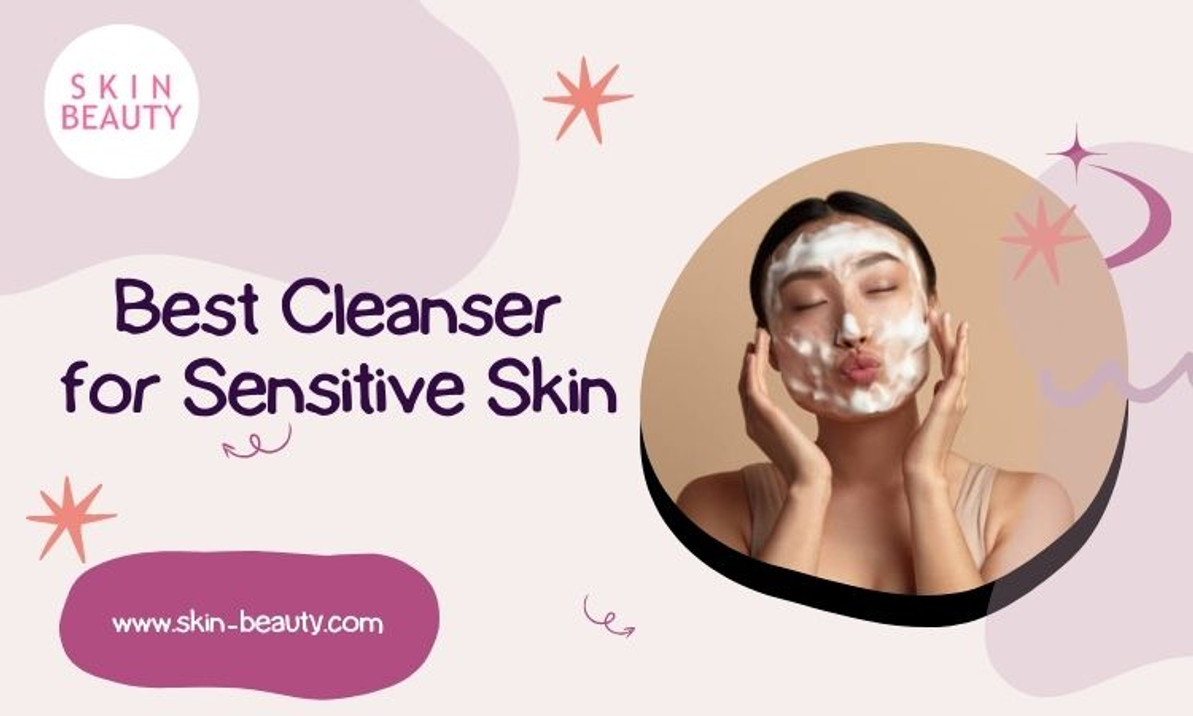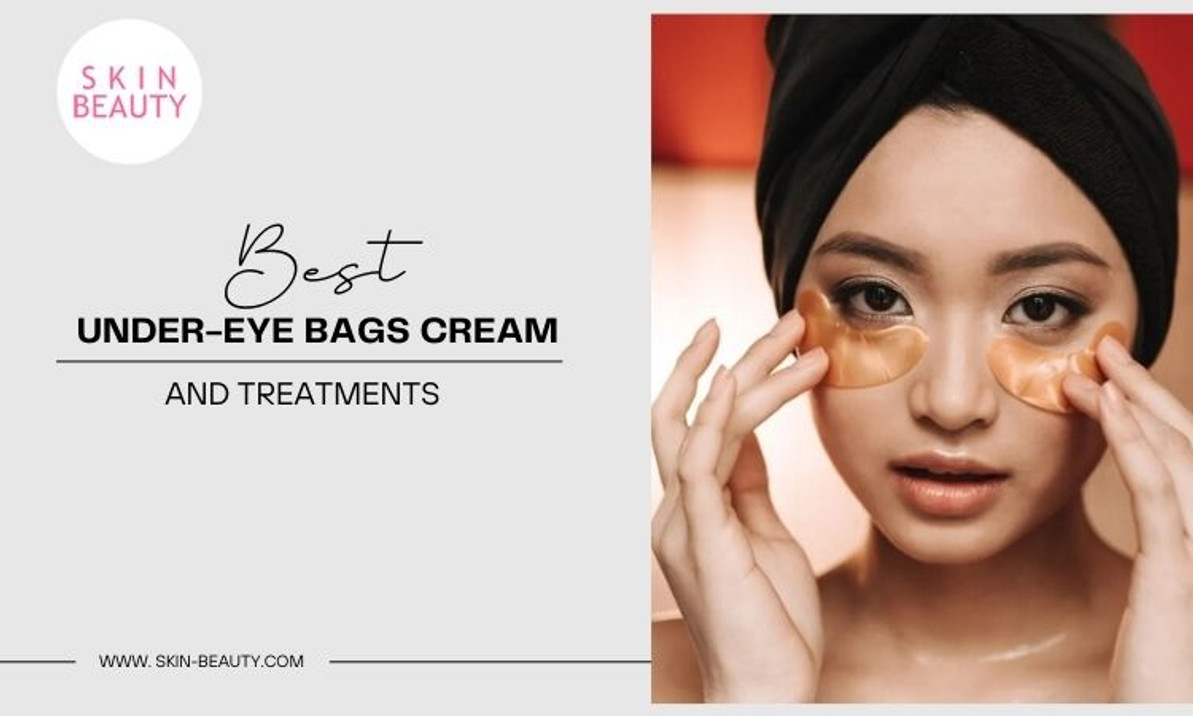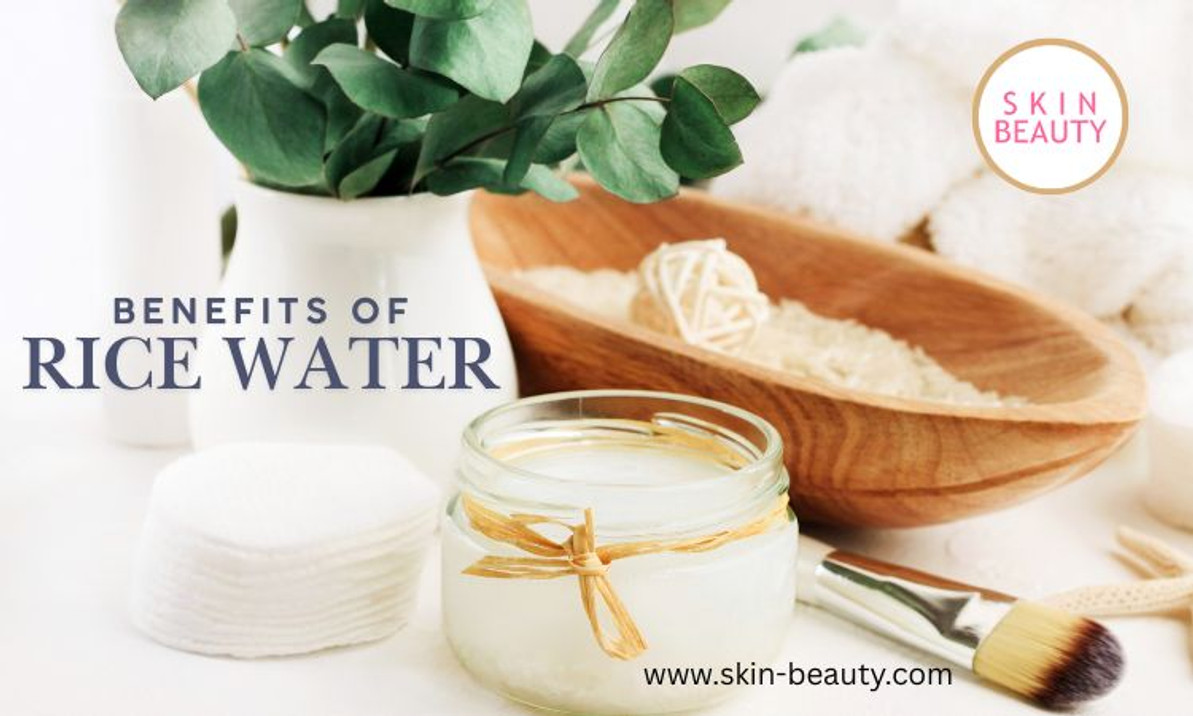What Occurs Whenever You Wear Too Much Makeup
How do you know if you're wearing too much make-up?
And does it matter?
Those are the questions I set out to answer when I researched and spoke with dermatologists and beauty experts about our relationship with the stuff we put on our faces.

What I learned is that too much make-up is pretty subjective.
Our definitions will be different.
Nevertheless, there are several risks and complications which come from caking on the blush and foundation.
The more make-up you wear, the more likely it's that you'll experience one of those results.

Say hello to clogged pores
Makeup covers our pores, so the more we put on the harder it's for our pores to breathe.
When the pores on our faces are covered up, it might lead to skin irritation and breakouts.
The more than likely outcome of wearing too much make-up is clogged pores and irritated skin.
A lot of the ingredients in make-up products, from natural ingredients like coconut oil to synthetic silicones and petrochemicals, are extremely comedogenic or pore clogging.
Highly comedogenic ingredients get trapped in our pores, along with dirt and bacteria, and cause blackheads and breakouts.
If you do enjoy playing around with lots of make-up, make sure to wash your face well each and every single night to give your pores some free time.

You'll be at risk for infection
Your face isn't the only thing you should be cleaning.
How clean is your make-up bag?

Our make-up can start to grow bacteria after just one use.
Makeup tools that go near your eyes, like mascara wands, are specifically susceptible to developing harmful bacteria.
So much of our make-up touches entrances to our bodies, like the eyes and mouth, so we may ingest that bacteria and become sick.
The more make-up you use, the more chances you've to become infected.
To prevent this, make sure to toss any old make-up and never share products or tools with buddies.

Your wrinkles could look worse
The more we touch our skin and apply make-up, the more at risk we're for wrinkles.
Rubbing and pulling on the delicate skin around your eyes causes eyelids to lose elasticity and become more wrinkled.
So as you put on increasingly more make-up, that delicate skin around your eyes is getting pulled and tugged, leading to more wrinkles.
The skin there's much finer than the rest of the face, so tugging can really harm collagen and break capillaries.
With regards to applying make-up around your eyes, less is more.

You can be at risk for adverse effects
A lot of us are so worried about cleaning up our diets and replacing conventionally-grown food with organic, but what about our make-up products?
Dependant upon what products you use, you're exposing your skin and body to toxins every morning.
The more make-up you use, the more toxins you're exposed to.
We live and breathe cosmetics and personal care products everydat, what's safe to use?
Dr. Xu and his co-workers studied the makeup-related complaints reported to the FDA.
Throughout the 12-year period they studied, there were 5,144 health complaints from cosmetic products!
Make certain to do your research and don't overdo it.

You may need more make-up remover
Whenever you wear a lot of make-up, you need more remover to wash it off every single night.
Nevertheless, your cleanser might be leaving harmful residue on your face.
Not all make-up removers are created equal, so make certain to read about the ingredients in that bottle before using it every single night.
Even though fast and simple to apply, many make-up removers contain active cleansing ingredients, which might remain on the skin unless washed off.
If they remain, the residue from them might expose the skin to excess amounts of various chemicals including emulsifiers and surfactants.
These can dry the skin and also irritate it.
A few of them also contain various preservatives including formaldehyde, which can be an allergenic, as well as fragrances.
Begin by using less make-up, so you don't need too much cleanser.

You might feel more self-conscious
Makeup may help you feel fun and beautiful, but once we start relying upon it to feel good, we've just crossed into unhealthy territory.
If you find yourself utilizing a lot of make-up only to feel okay enough to leave the home, it's time to really examine your relationship with it.
Based on a study from the Society for Personality and Social Psychology, women who feel self-conscious and more concerned with their appearance have a tendency to wear more make-up than people who rate higher in self-esteem.
If you're concerned that you might be using make-up for yourself-confidence, slowly start weaning yourself off and see how you feel.

Or you might feel more beautiful
There's nothing wrong with feeling good about getting dressed up and doing your make-up.
Wearing a lot of make-up can give you a temporary confidence boost.
This may be helpful before a first date or work presentation, whenever you might be feeling a little nervous.
The trick is to enjoy these good emotions without becoming dependent on your make-up.
A study in the Journal of Social Psychology studied the body image ratings of female college students with and without their make-up.
They found that the study participants felt better about themselves when they wore make-up.
Interestingly, the more make-up they wore, the larger the contrast in their body images between their two looks.
Put simply, the more make-up they wore, the better they felt about themselves, but without the make-up, they felt that much worse.

You'll feel more grownup
Learning to do your very own make-up is a rite of passage for us women.
Who among us doesn't remember standing in front of a crowded mirror in the girls' bath room in 6th grade, smearing on way too much eye shadow and Lip Smackers?
So what occurs whenever you wear too much as an adolescent?
A study in the Journal of Consumer Behaviour found that it actually helps you separate from your childhood and start to transition to adulthood!
Therefore if your daughter's heavy blue eye shadow and sparkly lip gloss is driving you crazy, just remember she's going through an essential milestone.

You can be ovulating
If you find yourself putting on more make-up than usual, check the calendar.
A study in The Psychological Record found a link between women's menstrual cycles and their make-up use.
According to researchers, women use the most make-up around the time of ovulation.
Perhaps this is nature's way of helping you feel more attractive during your most fertile time.

People might judge you
Makeup can be a hot button issue.
When a model posted her after and before make-up looks on Reddit, the commenters went a little crazy, even going so far as to call women deceitful for wearing too much make-up.
Whenever you wear too much make-up, you can start to look like a totally different person.
It's your face, so you should embrace any make-up techniques you like, but remember to play up your pure beauty, as opposed to covering it up.
Have this idea in my mind, when wearing make-up you should look like you at your most beautiful.
Focus on looking like YOU.
With that being said, make-up should be fun and utilized as an outlet for individuals to get creative, do something daring. who're we as make-up artists to gauge what's too much or too little for somebody?

Maybe nothing happens
When it boils down to it, wearing too much make-up might put you at higher risks for many of those complications, but towards the end of the day, it might not be a big deal.
There aren't really any lasting effects from wearing too much make-up.
If you wear a lot of make-up, or if you don't take your make-up off during the night, it could lead to acne problems, since the make-up could clog your pores.
You should also ensure you wash your make-up brushes and throw away old make-up, as this could lead to skin irritation or acne as well.
Bottom line?
Do what feels good to you.
If you do end up with issues, they can be repaired.
The way to repair your skin

So if you've decided that you like the heavy make-up look, rock on.
Just be sure to care for your skin in the process.
Removing make-up is the initial step to clear skin.
From the best skin, you get the best make-up.
During the night you should be applying eye cream and antiaging serums, and you may't with make-up on.
Whenever you wear any amount of make-up, it's vital to the health of your skin that you completely remove it every single night.
The very best way to remedy this is to wash off your make-up during the night.
If you're too tired to go to the sink, have make-up remover wipes by your nightstand.

Once you're in the habit of washing your face every single night, start to incorporate weekly exfoliation to really help your skin shine.
The key is to gently exfoliate your skin weekly.
Exfoliation removes old skin debris, unclogs pores, and clears away any remaining make-up residu.
Clay masks are the best exfoliation method for most skin types because they're non-abrasive, great at pulling out gunk from clogged pores, and don't contain severe chemicals.
Try a simple Do it yourself clay mask of Bentonite clay, apple cider vinegar, and pure aloe.
The aloe can help to kill bacteria and soothe irritated skin which is ideal for acne-prone skin types.
Care for you skin, then wear as much or as little make-up as you like!
Recent Posts
-
Best Face Wash for Sensitive Skin
My Journey to Finding the Best Face Wash for Sensitive Skin If you’re reading this, you probab …Apr 22nd 2025 -
Best Under-Eye Bags Cream and Treatment
Best Under-Eye Bags Cream and Treatment Do you have the dreaded under-eye bags that make you look l …Apr 14th 2025 -
Rice Water for Skin Benefits
Rice Water for Skin Benefits Rice water for skin has become a viral beauty trend that is supposed t …Apr 4th 2025




